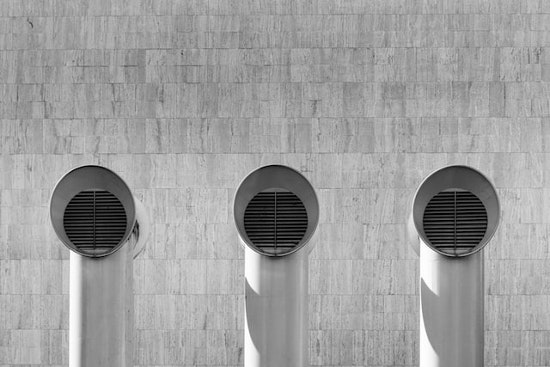HVAC preventative maintenance isn’t just about making sure the heating and cooling of a home are operating optimally. It’s also about ensuring that such systems operate for as long as possible because getting more years out of a unit makes the average per-year cost lower. This usually involves looking at the system, touching certain parts, cleaning what you can, and confirming everything is working right.

HVAC Preventative Maintenance Steps
While an HVAC system might seem sophisticated to the point of being intimidating, individual preventative maintenance steps can be rather simple by themselves:
- Change the filter every six months, if not every three. This improves energy efficiency and system performance by reducing the system workload.
- Check equipment both indoors and out for debris and dirt. Clean what you find.
- Ensure there are no leaks around the unit or in it that might decrease system efficiency and lead to eventual malfunctions.
- Check the thermostat batteries and replace them as need be.
- Consider upgrading to a smart thermostat that can be programmed for optimal performance and temperatures.
- Inspect water drains and clean them to prevent obstructions that can negatively impact system performance.
- Verify refrigerant levels. Inspect the system for leaks.
- Clean the condenser coils. Straighten them for appropriate air movement.
- Inspect and tighten electrical connections.
- Lubricate any moving parts.
- Check all gas connections for any potential leaks.
Professional Help Matters
While you can do certain steps with preventative HVAC maintenance on your own, there are certain aspects that are better left in professional hands. For that matter, industry professionals can often handle residential HVAC service better and faster than you might ever get done as a DIY homeowner. It can be well worth shopping around local services to find someone you can trust.
Using professionals does come with a few drawbacks. First, it will cost you money to pay them when DIY labor is free to you. Secondly, you would need to abide by available appointment times instead of working when it suits your schedule.
However, using professionals carries certain advantages with it. They can do everything necessary since they have the training, tools, and experience. They might even have warranties on their service that you can take advantage of. In fact, your homeowner’s insurance might be voided if you don’t use professionals for certain situations.
Also, the expense involved with using professionals is variable. Seasonal specials can save you money on preventative maintenance if you get the work done in the spring or fall. These seasons fall before and after the hot season when many HVAC professionals are busy with system repairs.
Why Preventative Maintenance Is Important
Many homeowners adopt an attitude of not fixing what they don’t think is broken. However, as Forbes points out, there are many good reasons to undertake preventative maintenance of your HVAC system. For starters, just keeping cool during the height of summer can be something to look forward to because some HVAC contractors might have backlogs of two or three weeks when things are busy.
Indoor air quality is another great reason to undertake preventative maintenance since you can prevent dirt, debris, and dust from moving through indoor areas where Americans spend 90% of their time. Energy efficiency also matters because systems that have to work harder will wind up wearing down or burning out faster. You can save money by preventing expensive repairs, keeping your utility bills down, and extending the lifespan of your system.
Energy efficiency goes a long way at a local level to helping everyone out on a global scale. The biggest benefit might just be the peace of mind involved with knowing your system should be well-positioned to keep serving your home and family well in the long run.
Conclusion
When you think about your home’s HVAC, you probably think of it in terms of keeping your family comfortable. However, what you really need to do is see it as an investment. Regular investments of time and money can generate massive savings over time as your system operates more efficiently and for more years. The choice you will usually face is either pay now or wind up paying later.
